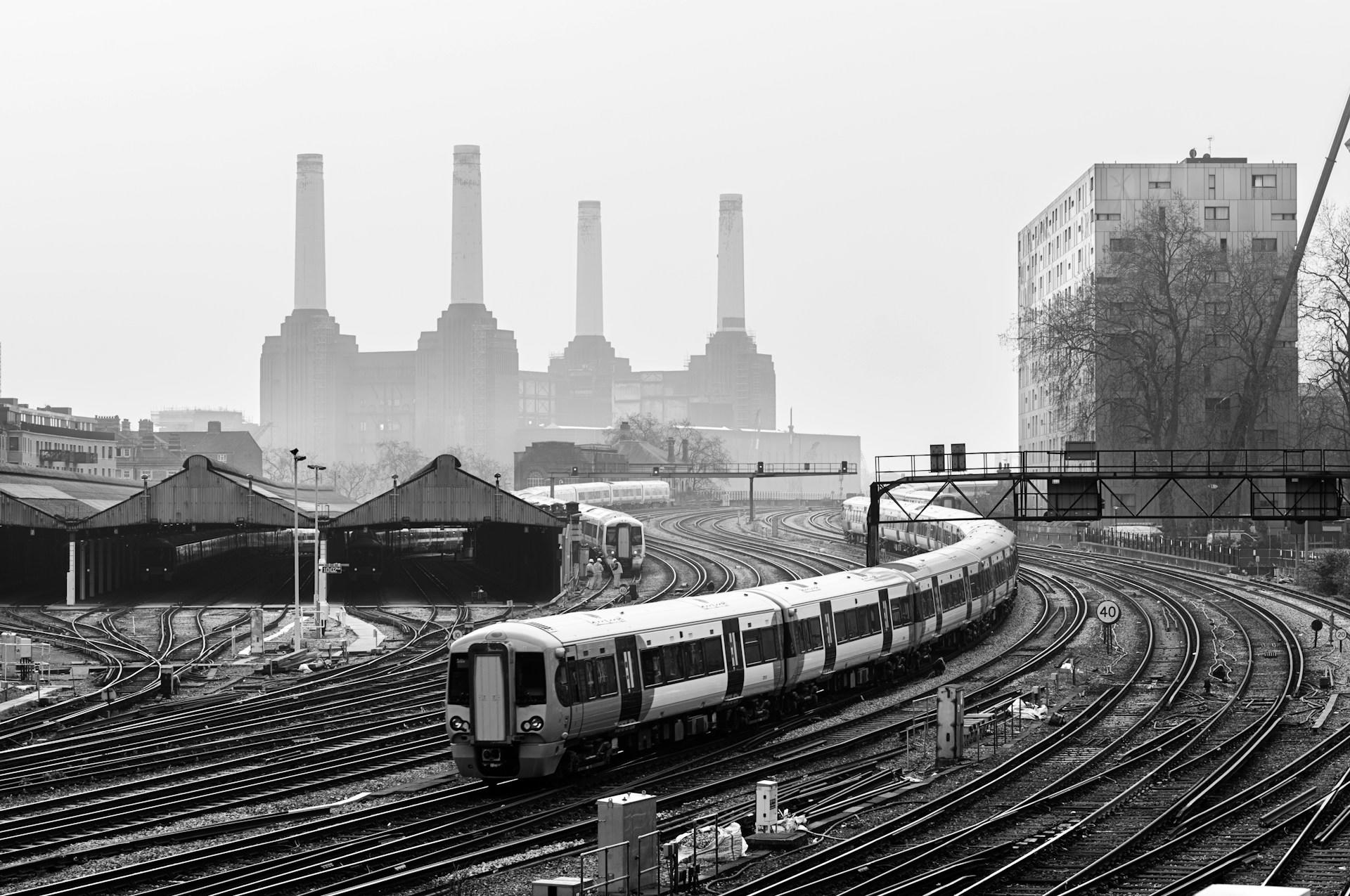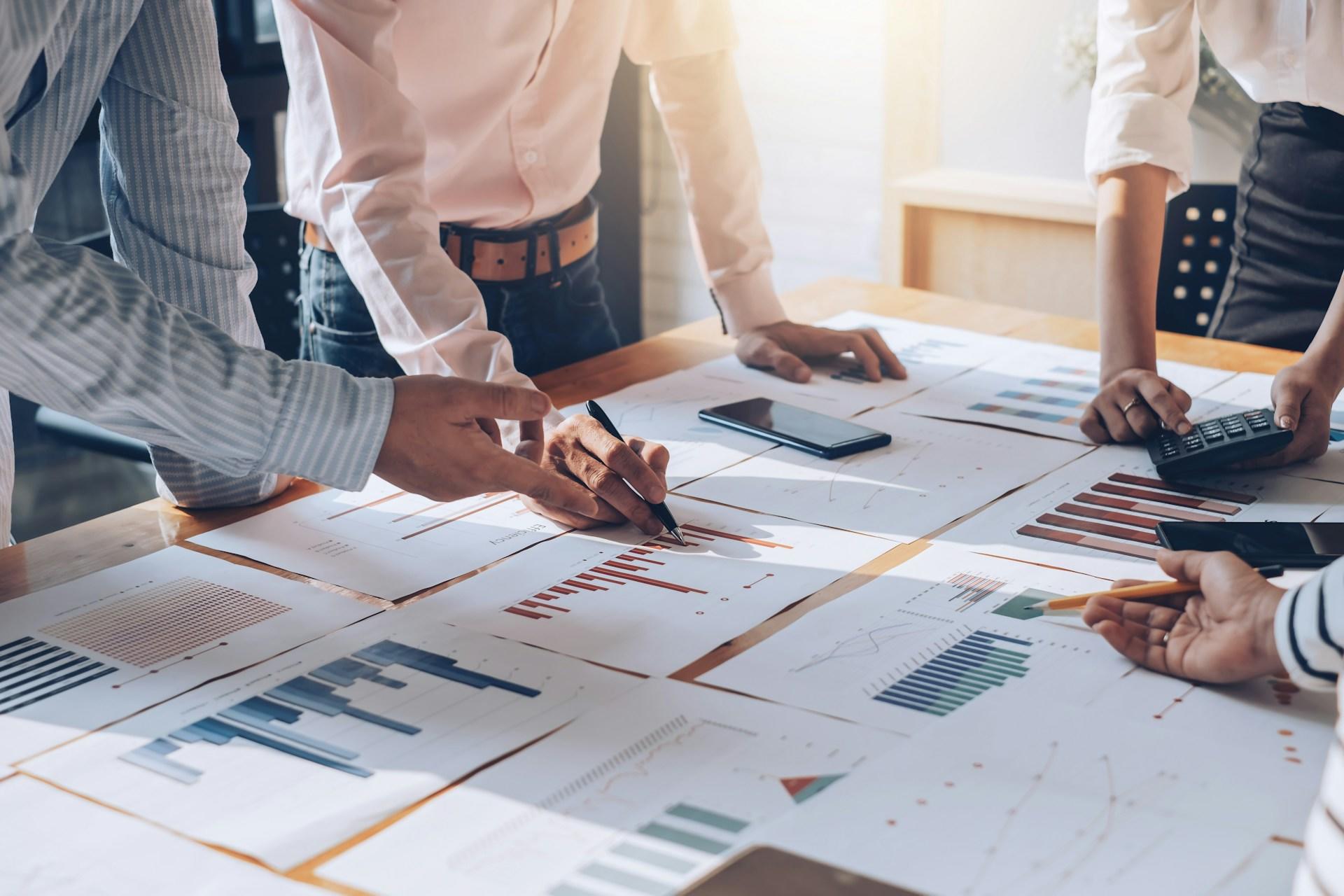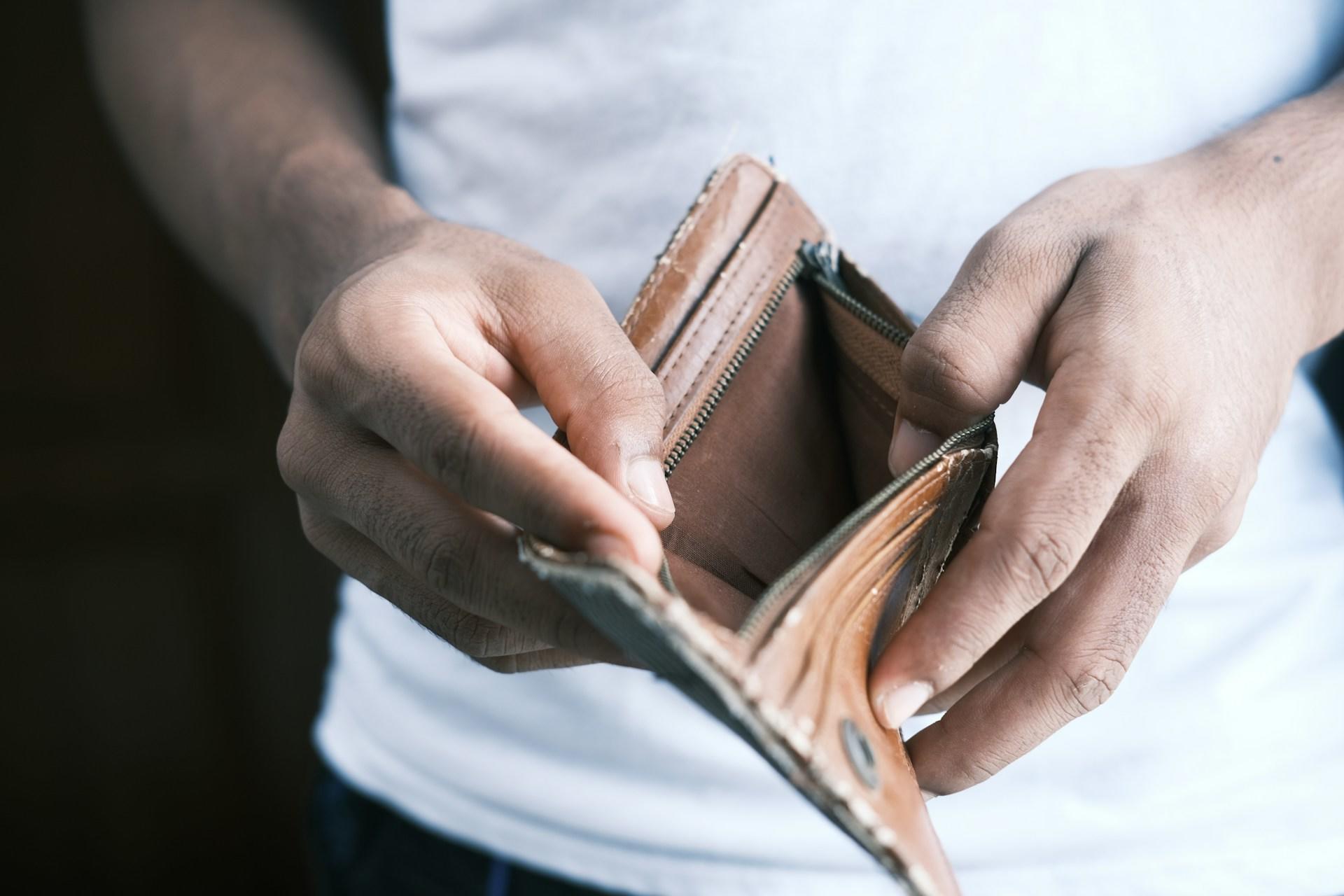Never has there been a more urgent time to learn about economics. The world is going through its most profound economic shift in arguably two centuries.
In 1815, Pax Britannica dominated global economic systems. This power waned around the First World War and ultimately transferred to the new global economic power, the United States (US). Today, we're witnessing the pivot away from the US-led global economic system. Nobody is quite sure what comes next.
If we focus on the model that underpins the global economy today, we have to go back even further, to the 16th Century. That's when this economic system took root, just in time to power the First Industrial Revolution. The current turmoil is set to upend five hundred years of economic history.
You may have selected Economics as one of your GCSE subjects with all of this in mind. However, none of these big-picture thoughts will translate into GCSE Economics exam success. To reach that goal, you need to know:
- GCSE Economics exam particulars
- the economic aspects Paper 1 discusses
- economics curriculum topics for Paper 2
- how best to revise for GCSE Economics
The economic principles this exam tests you on reflect those already within the current economic system's framework. You don't have to reach beyond the principles that currently exist or speculate on what future economic activity might look like. That makes your revision task easier. Superprof makes it easier still with this guide.

Economics Topics at a Glance
As mentioned in this article's introduction, you will study and test on economics topics within the current economic framework. Your GCSE Economics breaks down into two broad categories. Those are markets and how they work, and general mechanics of economic activity.
You'll cover aspects of international trade and the global economy as they exist and function today. You'll also test on basic economics topics like resource allocation and market failure. Half of your exam centres on the United Kingdom (UK) and economic activity in our country.
Two exam boards offer GCSE Economics exams: AQA and OCR. They're equally challenging and have roughly the same number of questions. The subjects these papers address may differ slightly but run along the same lines. They both cover 'macro' and 'micro' economic aspects.
How the economy works on the national and international levels
Macroeconomics covers everything about a country's economic factors from housing and employment to government spending on healthcare and education. It also examines international trade and individual nations' roles in the global economy.
You'll further study the role of government in managing a nation's economic affairs. By contrast, microeconomics covers basic economics principles.
Microeconomics focuses on how companies and individuals interact, as well as how resources are allocated and how prices are determined.
To master these and other economics concepts, you might try turning to Bitesize, the GCSE standard revision resource. You'll find no Economics page there but the Business study set offers a few relevant study modules. For instance, you can turn to its Legislation and Business module to get a different perspective on macroeconomics. You'll also find the Globalisation and Business section helpful.
With no Bitesize to refer to, you might wonder how to prepare for GCSE Economics. This article's last chapter lists several study resources, including tools to streamline your revision. Naturally, past papers and marking schemes should feature prominently in your revision toolkit. But your greatest revision asset is knowing what you're up against; we detail those challenges now.

GCSE Economics Topics Paper 1
This paper will challenge your knowledge and understanding of markets. You'll start with a broad view of the main functions of economic activity and discover key economic decisions people make. These decisions depend on consumers' needs and wants, so you have to understand the difference between them. You'll understand motivations that drive consumers, producers and the government, the three main economic groups.
This paper then discusses resource allocation. What role markets play and the impact of each of the three economic sectors on the UK's economy. This part of the paper focuses on supply and demand, and ends by exploring price elasticity. You'll discover concepts like equilibrium price and how to use supply and demand graphs to understand changes in market prices.
Note that supply and demand each have their elasticity specifics. For instance, changes in price don't always affect the amount of supply or demand. However, each has different factors that cause their price elasticity. You will need to know and explain what those factors are.
Paper 1 concludes by exploring aspects of production, competition and market failure. For these modules, Bitesize Business studies are invaluable because they discuss these concepts at length.
Paper 1 covers many economic topics. With a complete revision guide, you can decide how much time you need to spend on each one. Such a resource will give you an overview of each topic so you don't spend time studying concepts you already have a good grasp of.

GCSE Economics Topics Paper 2
About a week after you sit GCSE Economics microeconomics paper, you'll return to the testing room to demonstrate your knowledge and understanding of macroeconomics. For this paper, you'll focus on how the government and economy interact.
You'll first cover aspects of the national economy, including borrowing and interest rates, and investment. You'll also discuss saving and spending, and how interest rates impact those financial decisions. And then, you'll parlay that into government spending, revenue collection and how the government taxes those revenues.
What does the government do with all that money? It must see to the health and welfare of the nation and its people. That means paying for everything from infrastructure and clean water to medical facilities. This study module is particularly interesting because it discusses moral and ethical considerations, as well as sustainable solutions governments strive to implement.
Of course, governments don't just tax, collect and spend. They must also create conditions favourable for economic growth. That means maintaining sufficient productivity to keep the lights on and a bit more besides. One way they do this is by ensuring employment opportunities.
What happens when the economy lacks suitable jobs or when consumers don't earn enough? This paper challenges you to describe unemployment impacts on different economic groups. You'll recall those are consumers, producers and the government.
You'll finish this section by answering questions about income and wealth inequality. This happens to be one of the UK's most pressing issues so you may already talk about this economic challenge. Still, you can reference the video below to understand some of the concepts you need to know for your exam.
The rest of this paper covers how the government manages economic issues. You should know about fiscal and monetary policies, as well as how the government manages externalities. You'll then answer questions over international trade, including currency exchange rates and free trade initiatives. Finally, you'll discuss money and financial markets.
Once you've collected your GCSE Economics resources, mastering these economics topics is simply a matter of buckling down. You have a lot of ground to cover so having the right study tools and resources is vital.
GCSE Economics Curriculum Revision
You'll need GCSE Economics past papers and marking schemes to get a sense of what your exam will be like. As you download them, don't overlook the examiner's report. That document shares what past students did well on and what examiners found lacking in their responses.
Before you try any mock exams, you must know your subject inside and out. Your textbooks and courses are obvious information sources but they're not your only ones. For instance, the website Investopedia offers a broad selection of finance and economics topics. You may use their search bar to look up any economics-related keyword you need a different perspective on.
Quizlet is a learning platform that presents information in different formats. In study mode, you're treated to a long list of economics terms and their definitions. Its flashcard tool is a great way to quiz yourself on those concepts and its games makes reviewing economics issues lively. After studying each module, you can test your economics knowledge.
As you grow your knowledge and understanding of economic concepts, you should note how they relate to one another. Mind maps are the best tools for this task. You might use free software online to create one mind map for microeconomic concepts and another for macroeconomic ones. You can then refer to your maps to make connections between economic concepts as you revise.
Should you need more insight into an economic topic, you can turn to the Student Room for help. Or better yet, contact a Superprof economics tutor. A private tutor can help you make sense of complicated economic issues and put them into context. You can turn to your tutor to help you organise your studies and prepare for exam success.
Summarise with AI:















